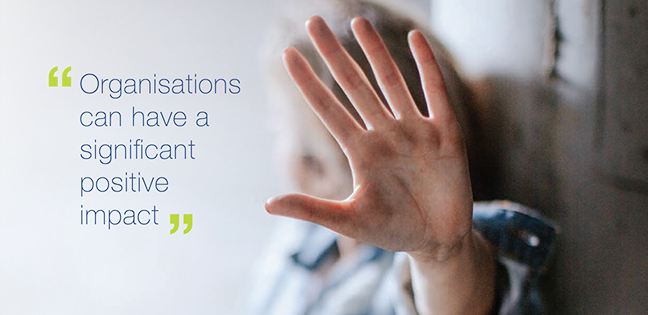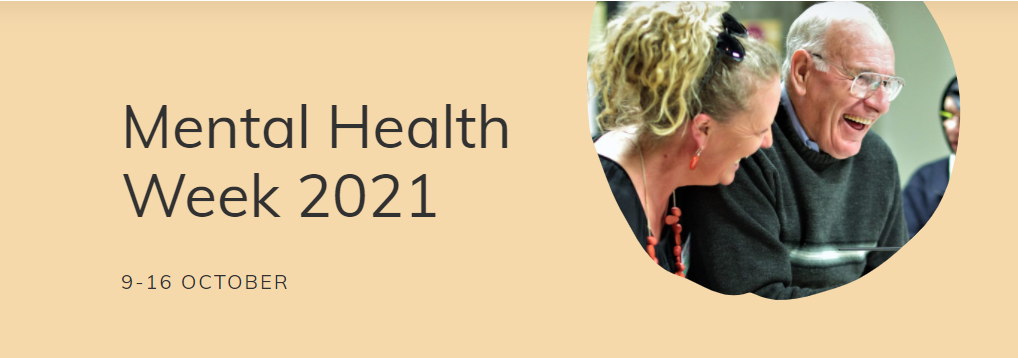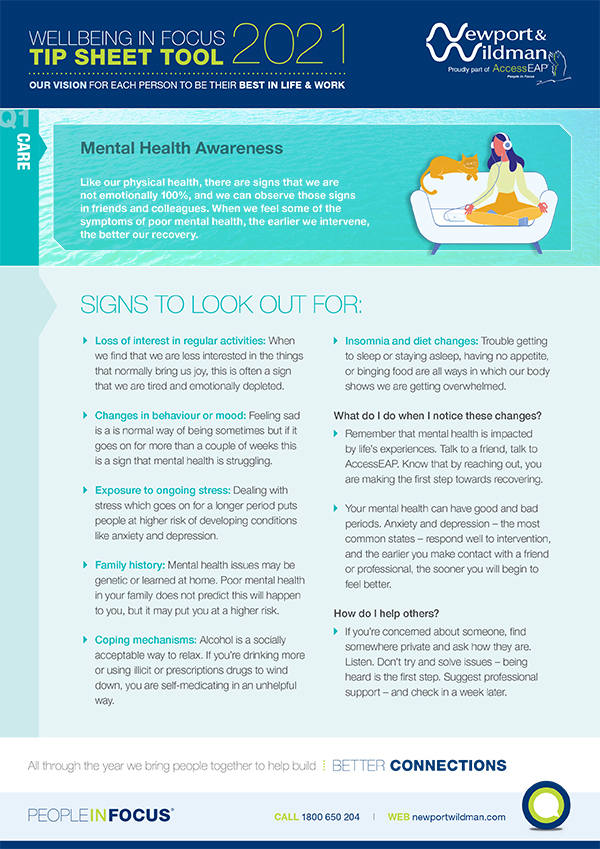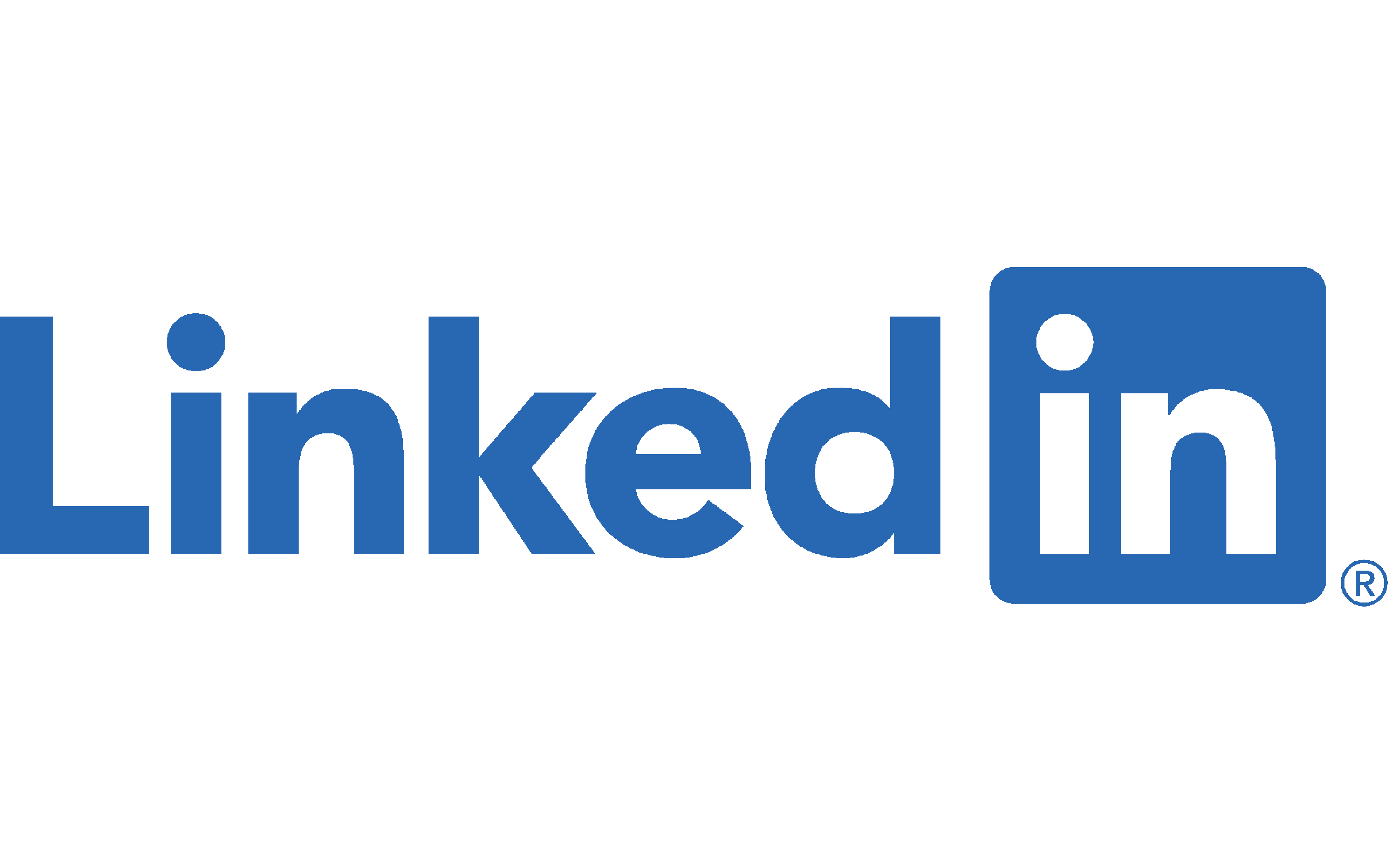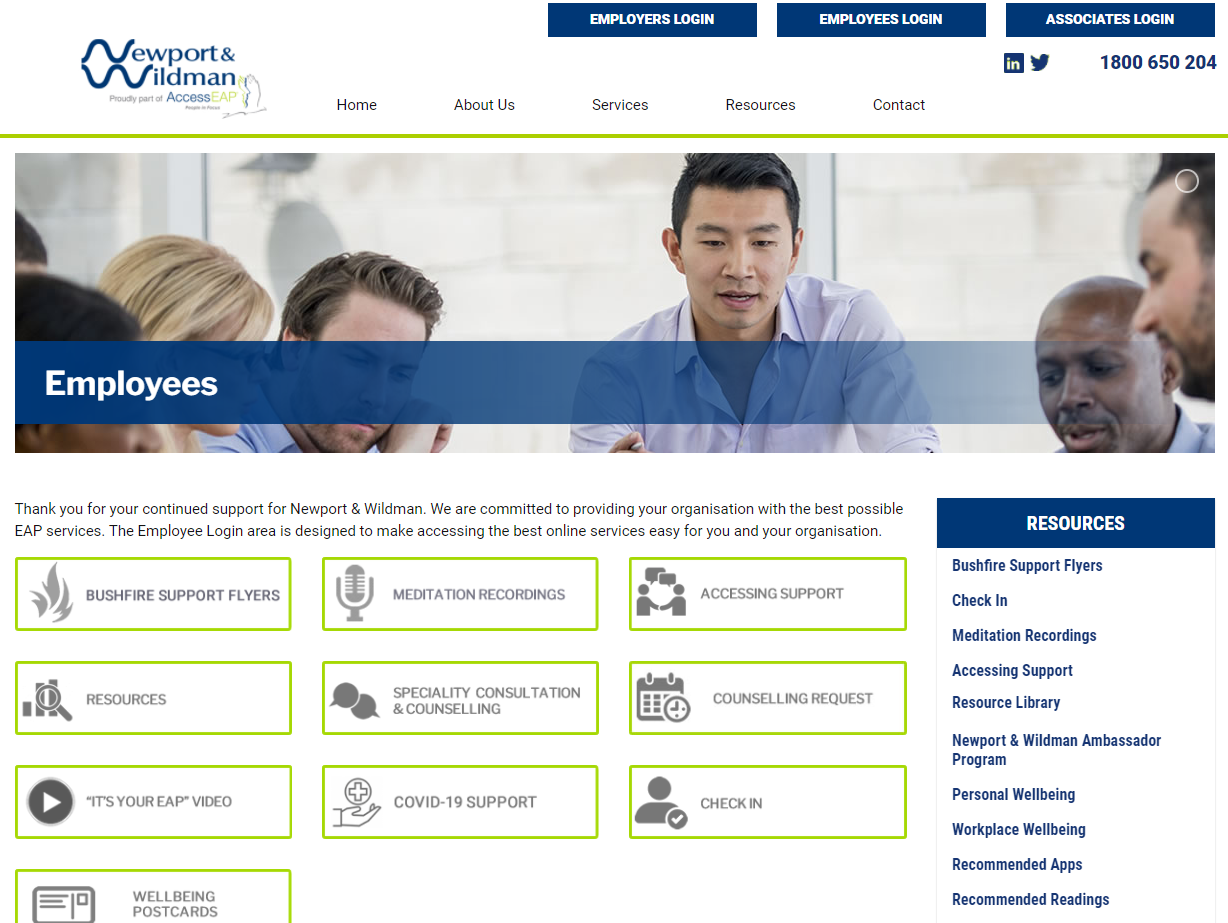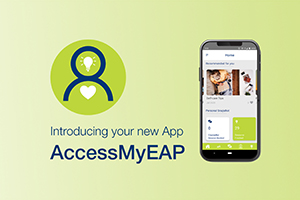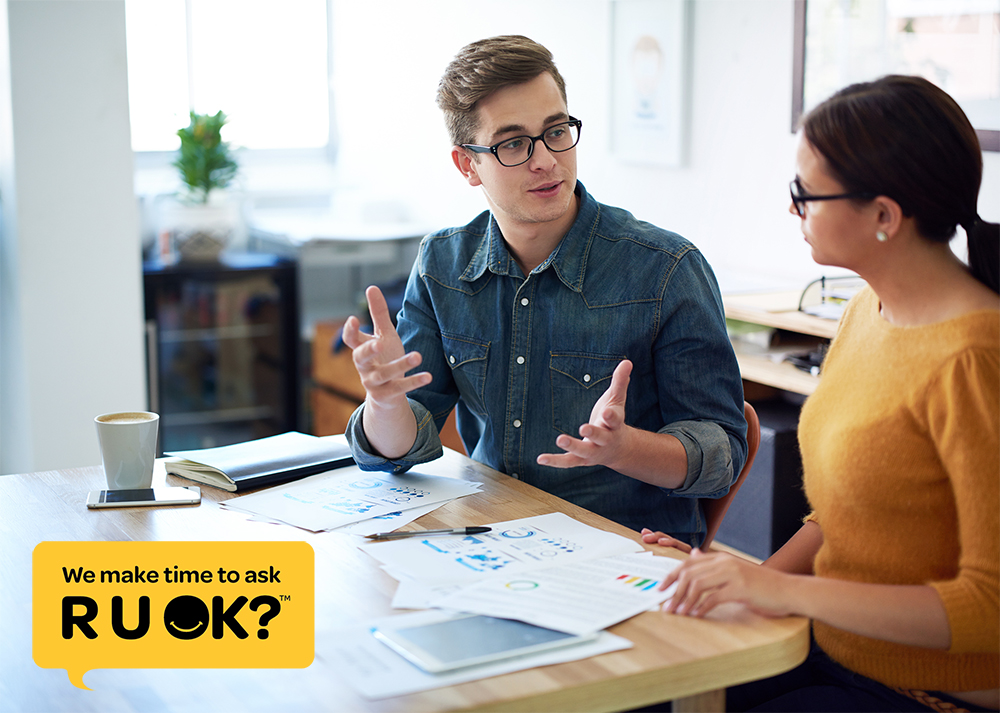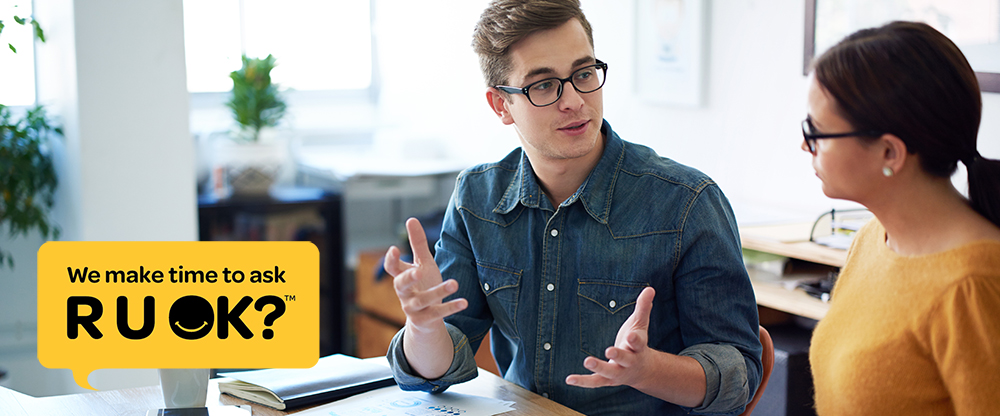Newport & Wildman is proudly part of AccessEAP. This month we have a message from Sally Kirkright, CEO, AccessEAP.
I want to start by acknowledging the effect of the lockdowns and increased restrictions on us all. Newport & Wildman are here to support you and help you face each challenge. This month we are focusing on Constructive Conversations because we know that communication and connection are so very important for our overall wellbeing.
Conflict happens in the most harmonious of working environments. I think we have a great culture at AccessEAP & Newport & Wildman, but conflict still occurs. So it’s not about avoiding conflict, which can create an ‘elephant in the room’ situation - it’s about enabling it to happen in a constructive way. One of my favourite authors, Patrick Lencioni, talks about fear of conflict in The Five Dysfunctions of a Team. Great relationships require “productive conflict in order to grow”1. By engaging in productive conflict, it helps the Executive Leadership Team discuss and resolve issues more competently without any resentful feelings.
Psychological Safety is something we aim for at Newport & Wildman. The Center for Creative Leadership defines it as “the belief that you won’t be punished or humiliated for speaking up with ideas, questions, concerns, or mistakes.” As a leader, I aim to nurture an understanding we are here not just to be responsible for our roles but to contribute without fear in a way that gives voice to our care about the organisation, the work we do, and our own and others’ wellbeing. It’s about speaking up. I think of teachers who say when inviting questions, “there’s no such thing as a silly question.” That’s creating psychological safety.
When I am in a conversation where conflict might occur or is occurring, I remember the importance of creating safety. I listen carefully to what undercurrents are happening – I try to hear who is feeling hurt, or unheard, angry or scared. Is there someone who hasn’t voiced their opinion yet and they need some encouragement? As a Leader, I encourage those I work with to respectfully and truthfully say what is going on for them to help avoid misunderstandings.
If something that happened in the past needs addressing, the Center for Creative Leadership has a model for structuring a constructive conversation.
- First, you outline the situation. For example, “During this morning’s meeting…”,
- Then you describe the behaviour, “…you interrupted me and others…”,
- Then the Impact, “…and as a result, some people felt shut down and didn’t get a chance to express their ideas.”
- Then you invite them to reflect – “I’m curious what you saw happening at this morning’s meeting?” You actively listen to what they say and explore solutions. As a leader, you can make clear what the behaviours are that reflect the organisation’s values.
- Finally, you conclude the conversation and clarify any follow-ups, “Can we agree that….”
This way of talking about a problem creates a safe container to explore what happened and then shapes the way forward.
A constructive conversation is non-judgemental and empathetic. It builds relationships, understanding and leads towards beneficial outcomes. The great early 20th-century psychologist and philosopher William James said: “Whenever you’re in conflict with someone, there is one factor that can make the difference between damaging your relationship and deepening it. That factor is your attitude.” When we have a mindset of creating Psychological Safety, of aiming towards understanding, conflict can become an opportunity for growth, learning, and the deepening of trust.
Sally Kirkright, CEO AccessEAP
1 Lencioni, P. M. (2002). The Five Dysfunctions of a Team. Jossey-Bass.



